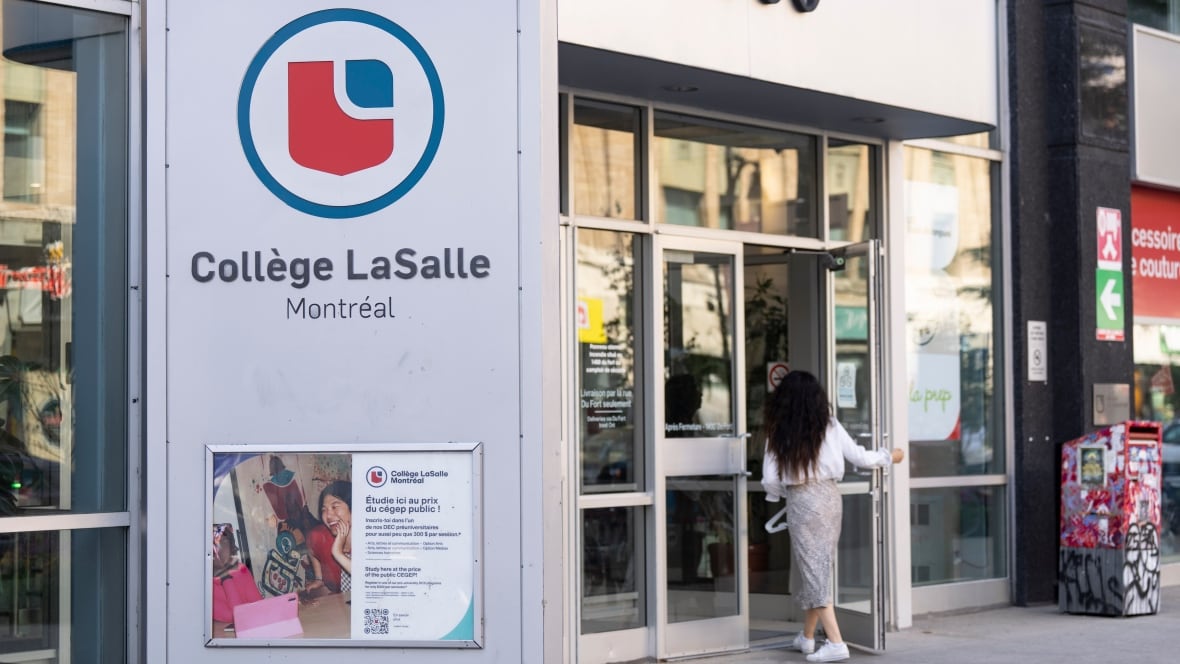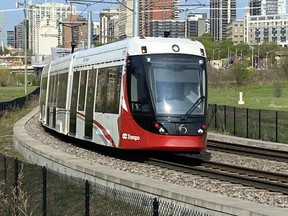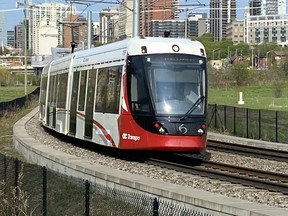Education
LaSalle College Alters Student Status to Comply with Quebec Quotas

As classes approach, LaSalle College in Montreal has shifted dozens of students from full-time to part-time status to meet Quebec’s stringent language quotas. This decision, made less than a month before the academic year, has left many students, including Alex Abraham, grappling with unforeseen challenges that could derail their educational and career aspirations in the province.
Abraham, a 33-year-old student in his second and final year of a network management program, expressed shock at the abrupt change. “We all came here with lots of expectations and dreams,” he said after receiving the notification last week. The new part-time status means he will not qualify for Canada’s post-graduation work permit and will face restrictions working off-campus. “How can I meet my expenses?” he questioned, highlighting the financial strain the change imposes.
Impact of Legislative Compliance
LaSalle College has indicated that approximately 90 students are affected by this change, which pertains only to the upcoming fall semester. According to Caroline Gervais, a college spokesperson, the adjustments aim to ensure compliance with the Charte de la langue française and government-imposed quotas on English-language AEC programs, which are vocational post-secondary diplomas.
The college faced severe penalties for exceeding enrollment limits in previous years. During the 2024-25 academic year, LaSalle over-enrolled its English-language programs by 1,066 students, resulting in a fine of $21,113,864. This added to an existing penalty of $8.7 million from the previous year, bringing the college’s total fines to nearly $30 million. LaSalle College is currently contesting these fines in Quebec’s Superior Court.
Abraham, who learned about LaSalle through an agency while living in India, explained that he chose Quebec for its quality of life and cultural offerings. “We are all putting the effort to learn the [French] language and trying to build a career here,” he said, emphasizing his commitment to adapting to local norms and expectations.
Concerns Over Academic Pathways
While Gervais acknowledged that changes in student performance and academic pathways influenced the college’s decisions, she noted that not all students impacted had failed or deviated from their original programs. In Abraham’s case, the college clarified that his change in status was unrelated to his academic performance. This left him feeling uncertain about the criteria used to determine which students would be affected.
In an effort to address the students’ concerns, LaSalle College arranged a meeting with representatives from Immigration Canada and college officials. Abraham expressed hope that the meeting would clarify his situation and provide answers about the rationale behind the change. “I have the right to know the reason,” he stated, voicing his dissatisfaction with the possibility that the school’s decisions were merely an attempt to mitigate further fines.
As students navigate this unexpected transition, the implications of Quebec’s language policies continue to ripple through educational institutions. With the pressure to comply with regulations, LaSalle College’s administration faces the challenge of balancing legal obligations against the needs and expectations of its diverse student body.
-

 Science1 week ago
Science1 week agoMicrosoft Confirms U.S. Law Overrules Canadian Data Sovereignty
-

 Technology1 week ago
Technology1 week agoGoogle Pixel 10 Pro Fold Specs Unveiled Ahead of Launch
-

 Technology1 week ago
Technology1 week agoWorld of Warcraft Players Buzz Over 19-Quest Bee Challenge
-

 Science5 days ago
Science5 days agoChina’s Wukong Spacesuit Sets New Standard for AI in Space
-

 Health6 days ago
Health6 days agoRideau LRT Station Closed Following Fatal Cardiac Incident
-

 Science1 week ago
Science1 week agoXi Labs Innovates with New AI Operating System Set for 2025 Launch
-

 Lifestyle6 days ago
Lifestyle6 days agoVancouver’s Mini Mini Market Showcases Young Creatives
-

 Science1 week ago
Science1 week agoInfrastructure Overhaul Drives AI Integration at JPMorgan Chase
-

 Technology1 week ago
Technology1 week agoHumanoid Robots Compete in Hilarious Debut Games in Beijing
-

 Top Stories1 week ago
Top Stories1 week agoSurrey Ends Horse Racing at Fraser Downs for Major Redevelopment
-

 Technology1 week ago
Technology1 week agoNew IDR01 Smart Ring Offers Advanced Sports Tracking for $169
-

 Technology5 days ago
Technology5 days agoDragon Ball: Sparking! Zero Launching on Switch and Switch 2 This November
-

 Health6 days ago
Health6 days agoB.C. Review Urges Changes in Rare-Disease Drug Funding System
-

 Science1 week ago
Science1 week agoNew Precision Approach to Treating Depression Tailors Care to Patients
-

 Technology1 week ago
Technology1 week agoGlobal Launch of Ragnarok M: Classic Set for September 3, 2025
-

 Technology1 week ago
Technology1 week agoFuture Entertainment Launches DDoD with Gameplay Trailer Showcase
-

 Business6 days ago
Business6 days agoCanadian Stock Index Rises Slightly Amid Mixed U.S. Markets
-

 Education5 days ago
Education5 days agoParents Demand a Voice in Winnipeg’s Curriculum Changes
-

 Technology1 week ago
Technology1 week agoInnovative 140W GaN Travel Adapter Combines Power and Convenience
-

 Business1 week ago
Business1 week agoNew Estimates Reveal ChatGPT-5 Energy Use Could Soar
-

 Health5 days ago
Health5 days agoRideau LRT Station Closed Following Fatal Cardiac Arrest Incident
-

 Business5 days ago
Business5 days agoAir Canada and Flight Attendants Resume Negotiations Amid Ongoing Strike
-

 Health1 week ago
Health1 week agoGiant Boba and Unique Treats Take Center Stage at Ottawa’s Newest Bubble Tea Shop
-

 Business1 week ago
Business1 week agoSimons Plans Toronto Expansion as Retail Sector Shows Resilience










